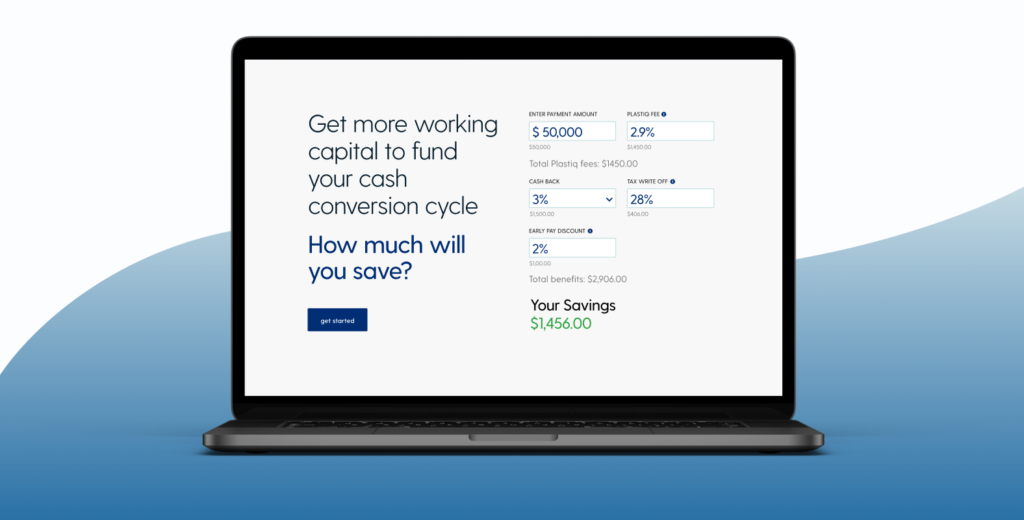BLOG
Why Managing Cash Flow is Important to Your Business
3 min. read




Apr 2, 2018
If there’s only one number you analyze on a regular basis, make it your company’s operating cash flow. This vital financial figure indicates whether your business is healthy and earning sufficient money to operate.
Investors and lenders know that businesses experiencing cash flow problems and requiring excessive cash flow loans soon face bankruptcy. That’s why when you apply for a loan or appeal to investors they want to see your cash flow figures.
Determining Small Business Cash Flow
Cash flow is the money moving in and out of your business. This figure is calculated by adding up your company’s incoming cash flow from operating activities and subtracting the cost of expenditures on assets. Your company’s cash flow is adjusted for depreciation, liabilities and receivables.
Benefits of Positive Operating Cash Flow
Your company benefits from positive cash flow in several ways. First, you’ll be able to easily pay your bills, including payroll. When you practice healthy business cash management, you can also survive should a customer fail to pay on time.
Sufficient cash flow offers you the flexibility to jump on business expansion opportunities when they come your way.
Positive cash flow also improves the odds of receiving cash flow funding in the form of credit. Lenders are likely to respond favorably to the fact that your company has ready access to business capital. This is especially the case if they see your business continues to experience an increase in accounts receivable cash flow.
How to Manage Cash Flow
Managing cash flow requires that you keep a close eye on the money coming in and going out of your business and make sure that you have enough cash each month to operate. To do this, create a cash flow plan using a cash flow manager. The Small Business Administration recommends using this SCORE cash flow template.
Recording your incoming and outgoing cash flow helps you spot trends in terms of where money is coming from and where it’s going. This will keep you abreast of your company’s accounts payable and accounts receivable.
Tips for Increasing Cash Flow
There are several areas where you can make changes and improve cash flow. These include being more prompt in collecting payments, tightening your company’s credit terms, increasing prices and securing loans, when necessary.
Promptly collecting what’s due you is one of the fastest ways to increase cash flow. Be proactive about overdue accounts by contacting customers. Also review your credit terms. Thirty days net due may be too long to wait for payment. Increase cash flow by changing terms to 15 days net due.
Raising prices is another way to improve cash flow. While upping prices isn’t ideal and can’t be done frequently, it does help to increase cash flow.
When necessary, you may need to increase cash flow from financing activities. If you don’t yet have other loans or a line of credit, it may be time to secure some credit so that you can improve cash flow and ensure the continued success of your business.
Stay up to date!
Don't miss out on new features, announcements, and industry trends by subscribing to our newsletter.



